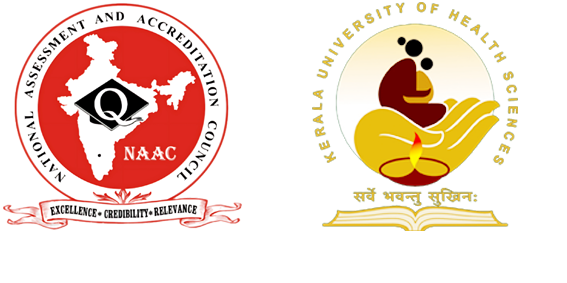NEP Preparedness
Multidisciplinary / interdisciplinary Approach
- The college provides adaptable curriculum, including credit-based courses and projects across major subjects and specilizations.
- The B Pharm program offers 11 elective subjects and 5 practice school domains, promoting customization and real-world experience.
- Both B Pharm and Pharm D programs offer opportunities for research and internships that address social problems in pharmacy.
- Collaborated with industry on multidisciplinary research, including formulation development and training.
- Structured research environment encourages collaboration and aspires for future awards addressing social concerns.
Academic Bank of Credits (ABC)
- Academic Bank of Credits and National Academic Depository registration.
- In accordance with the syllabi, faculty members develop instructional approaches that prioritize student engagement and desired learning results.
- Curriculum planning involves the delineation of aims, subject matter, approaches, and assessment in accordance with Bloom's taxonomy.
Skill Development
- The skill development plan encompasses initiatives that target problem-solving, professional ethics, and interpersonal skills.
- Vocational education opportunities encompass pharmacovigilance training and internships.
- Engagement in a variety of activities and interactions with healthcare professionals foster the development of soft skills.
- Incorporating fundamental principles such as excellence-seeking and social responsibility into educational endeavors.
Integration of Indian Knowledge System
- By incorporating yoga courses and training in Indian system of medicines into the academic curriculum.
- The primary objective of research is to investigate and validate the medicinal properties of botanical ingredients.
Focus on Outcome-based Education (OBE)
- Implementation of the OBE methodology with defined outcomes aligned with Bloom's taxonomy.
- Faculty training in the development of curricula in accordance with OBE principles.
- An approach to instruction that is centered on the student is consistent with OBE principles, and regular evaluation is conducted using rubrics.
- A software instrument assesses program outcomes at the level of each individual student and provides suggestions for enhancement.
Distance Education/Online Education
The institution is already prepared, especially during COVID-19 pandemic situations and teaching learning process through different online modes like Moodle, Google Meet, Zoom, WhatsApp etc. the whole college campus is Wi-Fi enabled with Projectors installed in all the classrooms. Post-pandemic, the online learning experience has been adopted by the faculty and students to full advantage of flexible blended mode of teaching learning. Application of technology in the form of diverse software tools to augment the learning experience.
- A hybrid pedagogical approach incorporating digital libraries, online journal subscriptions, and recorded lectures.
- The platform of the Learning Management System (LMS) enables anytime, anywhere access to study materials.

